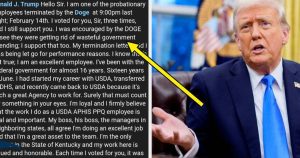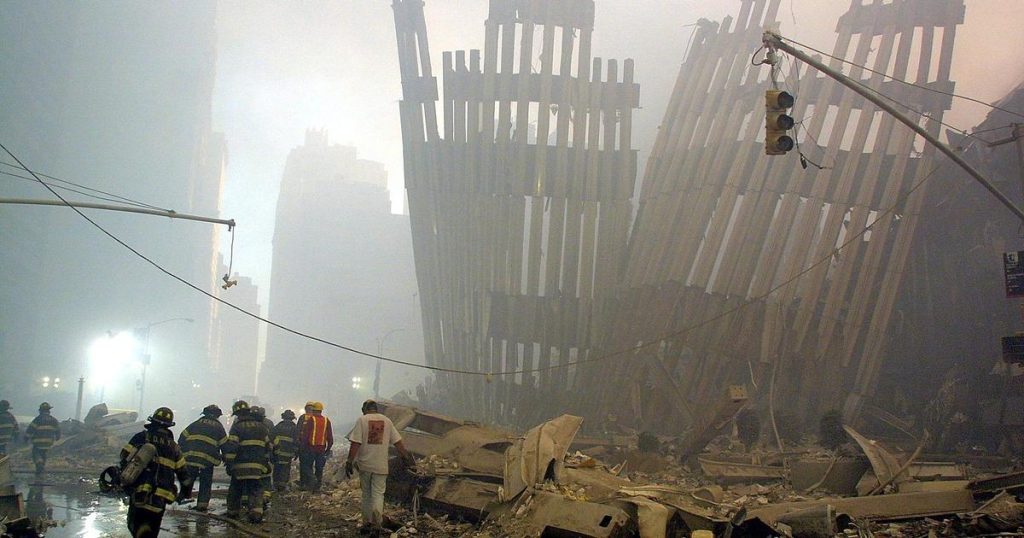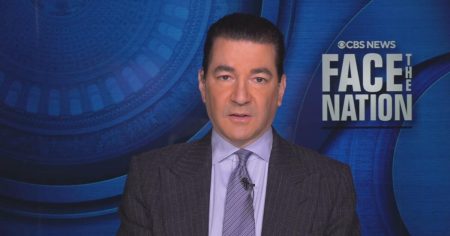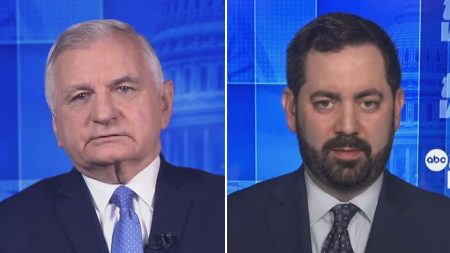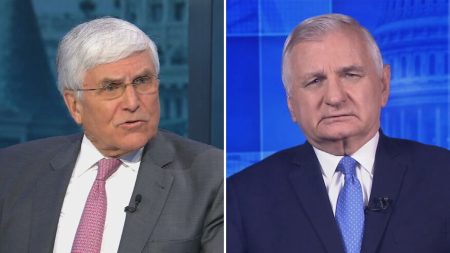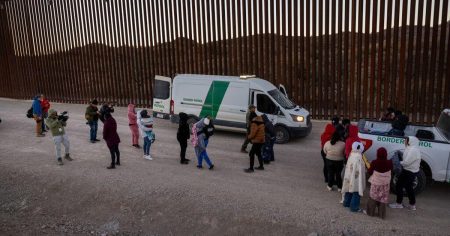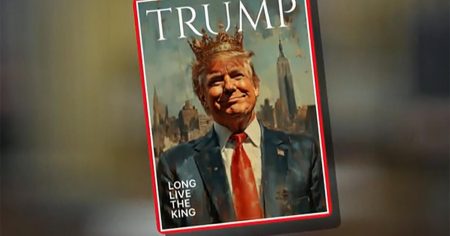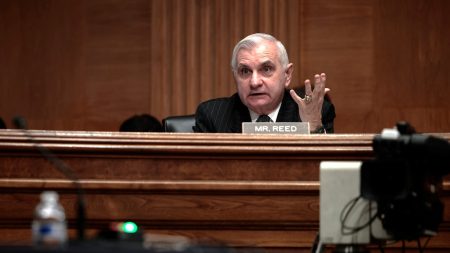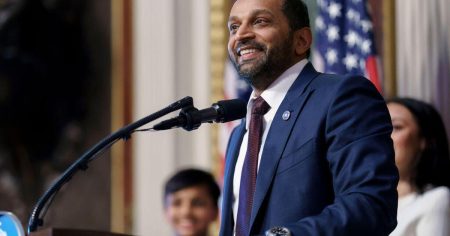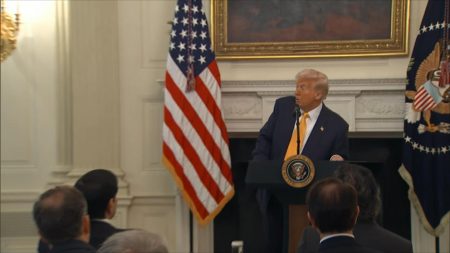Funds Restored for 9/11-Related Cancer Research: A Victory for First Responders and Survivors
Introduction: The Temporary Cut and Swift Reversal
In a decision that sparked widespread outrage, the Trump administration’s Department of Government Efficiency (DOGE) attempted to cancel a $257,000 contract allocated for 9/11-related cancer research. The grant, managed by the Centers for Disease Control and Prevention (CDC), funds critical data processing to compare cancer incidence rates among firefighters exposed to World Trade Center (WTC) toxins with those in other cities who were not exposed. The FDNY confirmed that researchers were notified of the contract termination last week, but Thursday evening brought a swift reversal. New York Rep. Nicole Malliotakis announced on social media that the White House confirmed no cuts would be made to staffing at the World Trade Center Healthcare Program or to research grants related to 9/11 illnesses. Sen. Chuck Schumer also confirmed the restoration of the grant, calling the initial cancellation a "damaging" and "rash" decision by the Trump administration.
The Importance of the Restored Funding
The restored grant is crucial for ongoing research into 9/11-related cancers and other illnesses. The study it funds focuses on career firefighters, comparing those exposed to toxic substances at Ground Zero with firefighters in other cities. This research has been instrumental in linking specific cancers to WTC exposure, with 69 cancers now recognized as related to the toxins. Advocates emphasize that this research is not just about numbers—it’s about ensuring that first responders and survivors receive the medical care and benefits they need. John Feal, a prominent advocate for 9/11 victims and someone who worked at Ground Zero, highlighted that the research allows for new illnesses to be added to the list of covered conditions under the 9/11 health bill. "More and more people are getting sick," Feal said, stressing the urgency of continued research.
Outrage and Pushback Against the Funding Cuts
The initial decision to cut the grant and lay off 20% of the staff at the World Trade Center Health Program drew fierce backlash from officials, advocates, and the public. Critics argued that the cuts would undermine the program’s ability to support 137,000-plus participants, including first responders and civilians exposed to WTC toxins. FDNY Commissioner Robert Tucker called the cuts "a tragedy for all Americans who swore they would never forget," warning that they would hinder efforts to prove new conditions are WTC-related and add them to the list of covered illnesses. New York Gov. Kathy Hochul also weighed in, stating that "Never forget" is not just a slogan but a promise to those who risked their lives on 9/11. She vowed to fight against any attempts to break that promise.
The Broader Impact of the Program and Research
The World Trade Center Health Program is a lifeline for 9/11 responders and survivors, providing critical medical care and support. However, advocates argue that the program is already understaffed, and the layoffs only exacerbate the challenges faced by those seeking certification for 9/11-related illnesses. Legal experts like Michael Barasch, who has represented nearly 40,000 first responders and civilians with 9/11 illnesses, emphasized the importance of the research. Barasch noted that in 2013, no cancers were linked to WTC toxins, but today, 69 cancers are recognized as related—thanks to the research funded by grants like the one in question. Without this research, the ability to identify and treat new conditions would be severely impaired, leaving many without access to the care they need.
What’s Next: Ensuring Long-Term Support for 9/11 Responders
While the restoration of the grant is a significant victory, advocates are calling for further action to ensure uninterrupted care for 9/11 responders and survivors. Sen. Schumer, who played a key role in pushing for the grant’s restoration, urged the CDC to reverse the layoffs of World Trade Center Health Program staff. He emphasized that the program must be fully funded and staffed to meet the growing needs of the 9/11 community. Others are demanding greater transparency and accountability from the Trump administration’s Department of Government Efficiency, questioning the rationale behind the initial cuts and the lack of consultation with stakeholders.
Conclusion: A Promise to 9/11 First Responders and Survivors
The restoration of the $257,000 grant for 9/11-related cancer research is a testament to the power of advocacy and bipartisanship. It comes as a relief to the thousands of first responders and survivors who rely on the World Trade Center Health Program for medical care and support. However, the fight is far from over. The layoffs of program staff and the broader cuts to the program highlight the ongoing challenges faced by the 9/11 community. As advocates like Feal, Schumer, and Hochul continue to fight for full funding and staffing, they are reminded of the promise made to 9/11 responders: "Never forget." For many, this is not just a slogan but a commitment to ensuring that those who sacrificed so much on 9/11—and in the years since—receive the care and recognition they deserve.


